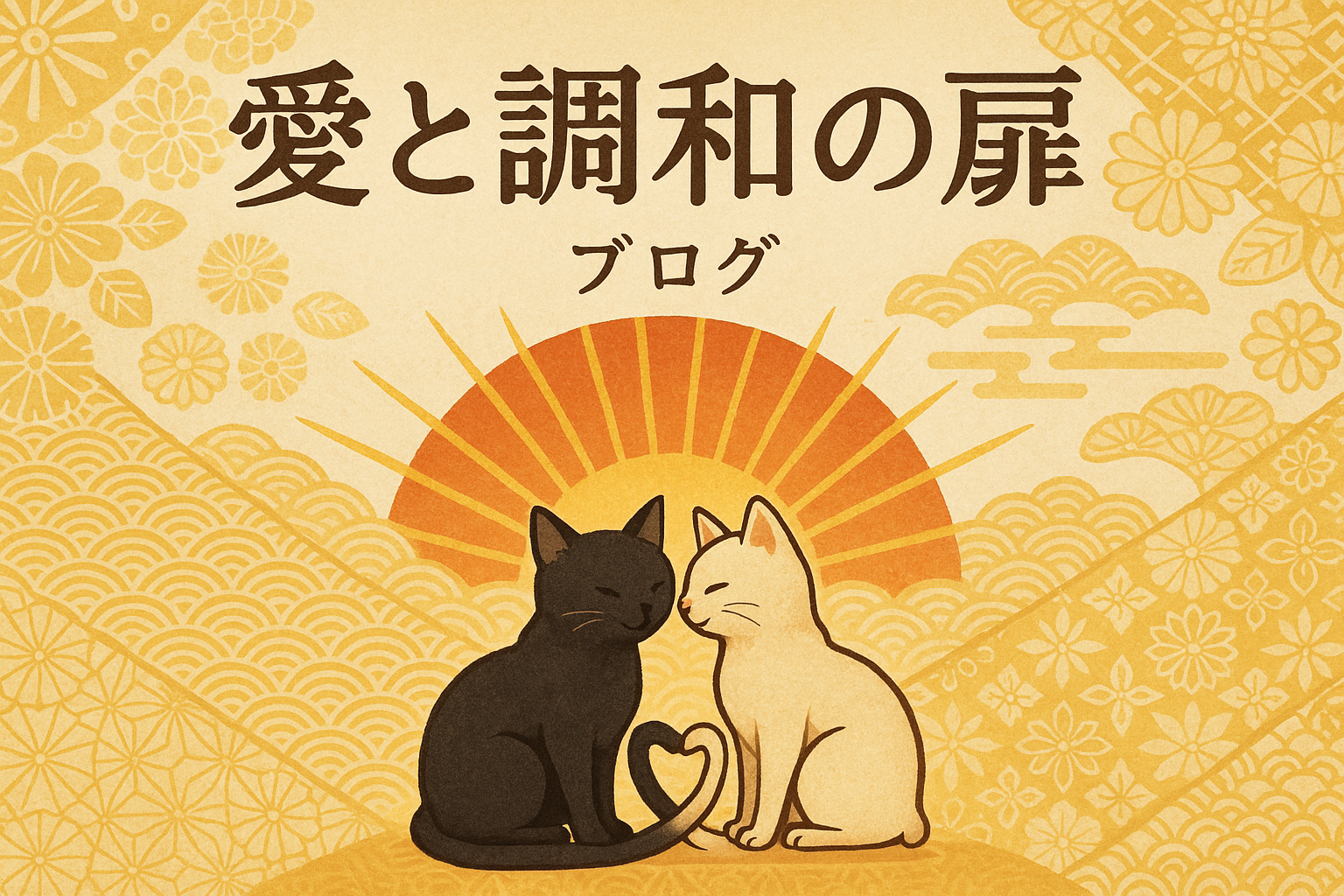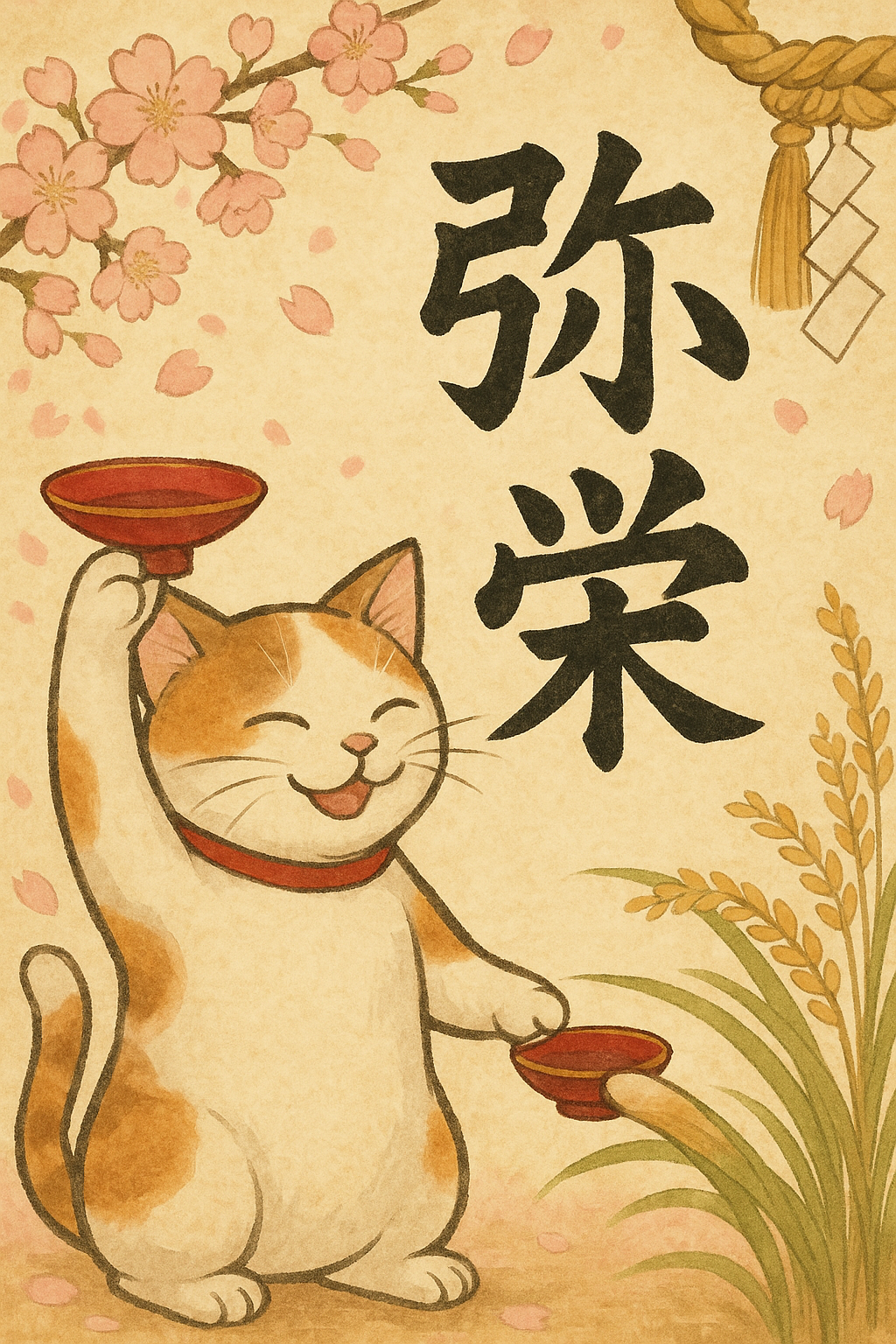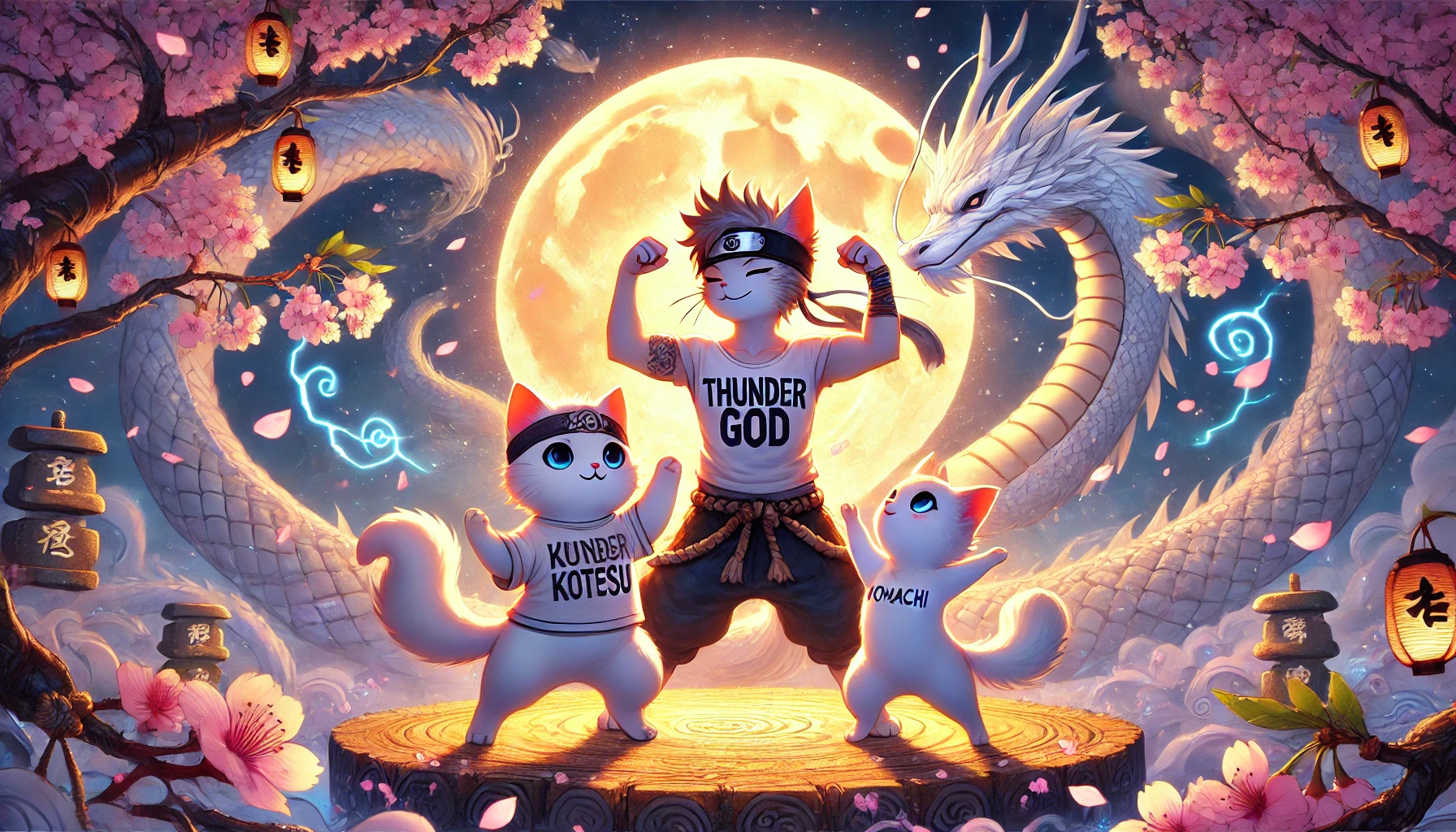In modern Japan, it is common to use the word "kanpai" at celebratory occasions.
However, did you know that the word "kanpai" actually did not exist in traditional Japanese culture?
Is "cheers" really a celebratory phrase?
After World War II, Japanese culture underwent a great transformation. Or, more accurately, it was transformed.
Language, calendars, events, diet, and other aspects closely related to our lives have changed in invisibly ways.
Along with this, the culture of kotodama, which was originally rooted in Japan, and the meanings of words that were truly cherished, were gradually lost.
"Cheers = complete defeat"? The true meaning behind it
One day, I came across the word "iyasaka" instead of "kanpai."
At that moment, it occurred to me that "cheers" could also be read as "complete defeat."
This will not unleash the power of words, which is supposed to enhance positive emotions and bring about development and prosperity.
I felt as though even our thoughts and emotions were being controlled without us even realizing it.
What is "Yayoi"? Its meaning and origin
"Iyasaka" is a word derived from "Yayoi," which is the third month of the lunar calendar, and contains the meaning that "the plants will grow more and more lush" = "they will prosper more and more."
- "I wish you continued success, Yaei!"
- "I offer my heartfelt congratulations with good fortune."
In this way, by using "Yayoi" instead of "Kanpai", we can make better use of the power that resides in words (= Kotodama).
What is Kotodama? The mysterious power that resides in Japanese language
The meaning and origin of Kotodama
Kotodama refers to the "power that resides in words" or "the energy that words can use to change reality."
It is believed that the words we speak out loud affect real-life situations and relationships through their meaning and emotions.
Examples and power of Kotodama
- Using good words brings good luck
- Kind words improve relationships
- Curses and bad words have a negative impact on reality
Belief in the power of words in Japanese culture
Ancient beliefs
In Japan, it is believed that speaking words can make things come true.
For this reason, words have been considered an extremely important element in religious ceremonies and festivals.
Modern influences
Many people feel that their reality changes simply by consciously using positive words such as "thank you," "I'm happy," and "I'm happy."
What foreigners have made me realize
When I watch videos on YouTube introducing Japanese food to foreigners, I often come across the question, "How do you say "cheers" in Japanese?"
Every time this happens, I feel a little bad when I reply, "Let's have some toast."
While the world's toast culture means "blessings" and "prosperity," Japan is the only country that uses words that somehow evoke "complete defeat." When I realized this, I was reminded of the importance of "Yayoi."
Summary: Let's celebrate with "Iyasaka" from now on
The words we use every day have great power.
Especially on celebratory occasions or when expressing hope for the future, isn't the word "Iyasaka" the most appropriate?
Valuing words is a big first step towards changing your life and the world around you.




comment